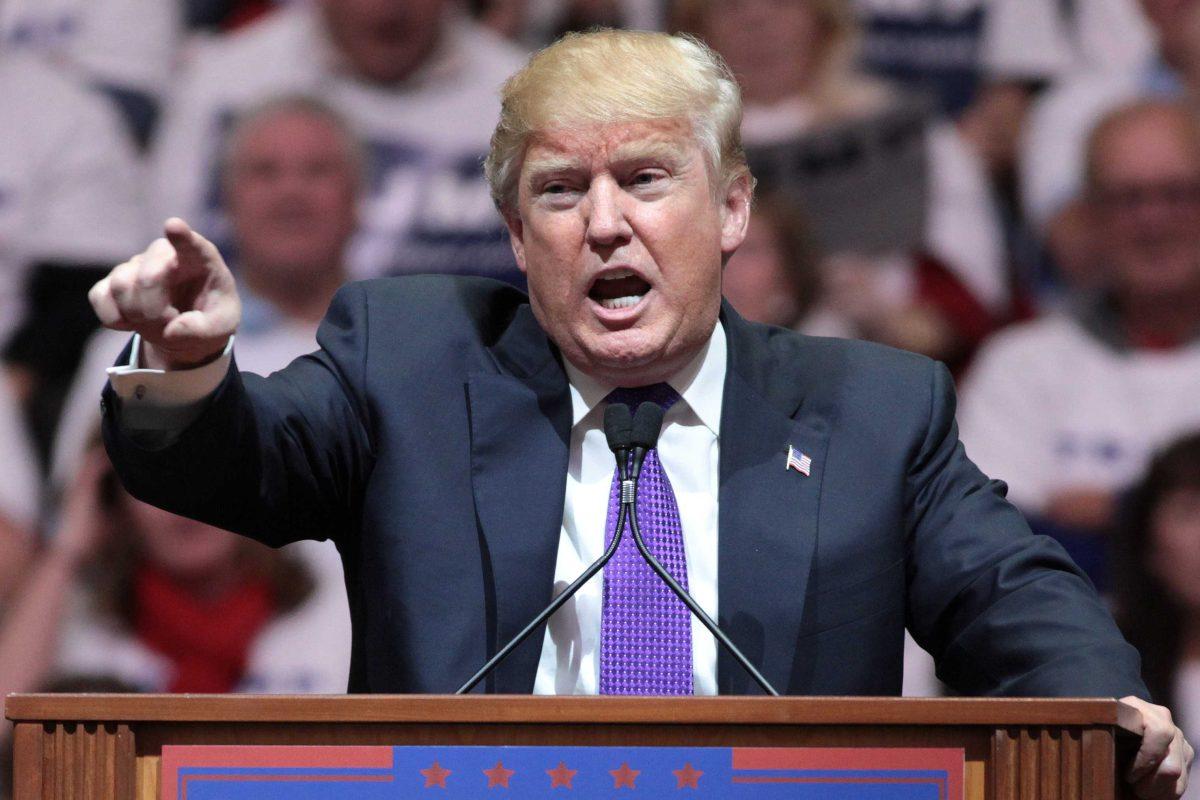President-elect Donald Trump is just a few days from being inaugurated as the next U.S. president, and with this comes numerous changes to personnel and policy. One change many are focused on is the Supreme Court nomination and who the future president will choose to replace the late Justice Antonin Scalia.
In March, President Obama nominated Chief Justice Merrick Garland for the Supreme Court seat vacated by Justice Scalia. However, Senate Republicans wouldn’t allow a hearing nor a vote to confirm the U.S. Appeals judge. This unprecedented move has left the Supreme Court seat vacant for nearly a year.
While members of both the Democratic and Republican parties have a history of delaying a president’s Supreme Court nominee if the president is of the opposing party, never has a nominee waited for this long.
Unfortunately for Garland, his nomination expired on January 3, when the new 115th Congress was sworn in.
Now that Trump has the opportunity to fill the vacancy, Democrats are ready to put up a fight, if necessary.
“If they don’t appoint somebody good, we’re going to oppose them tooth and nail,” said Senate Minority Leader Chuck Schumer during an interview on “The Rachel Maddow Show.”
When Maddow asked the New York Democrat if he would rather keep the seat open than confirm an extremely conservative nominee, Schumer responded, “Absolutely.”
There are a number of adjudications that the Supreme Court has to make and an even numbered court creates an inability to rule on important decisions such as teachers union fees and immigration reform. Since many of these issues have an ideological divide, Democrats and Republicans feel a responsibility to their constituents to block any Supreme Court nominee that seems too much like a partisan pick.
David Lat from “Above The Law” says that Trump is likely to nominate either Judge Diana Sykes or Judge William Pryor — both of whom are highly respected, conservative federal judges.
Either one would be a victory for conservatives and will likely tilt the court to the right of the political spectrum. The possibilities of such victories cause Democrats to fear that issues such as a woman’s right to choose and marriage equality will be put on the chopping block.
As a Democrat, I understand the urge to block any nominee who could possibly put these crucial matters at risk. I remember the historic moment marriage equality became the law of the land. So many were moved to tears by the prospects of finally being able to love whomever they chose.
The fear that this right could be taken away is incredibly real, and the people who fought so hard to see this dream become a reality will do whatever they can to preserve it.
While the Senate has a duty to advise the president on his appointments, I do not believe Democrats should act as the GOP did last year and block Trump’s nominee indefinitely.
This is the precedent now: gridlock.
“Court backlogs would grow. An entire branch of government would be unable to fulfill its constitutional role. And some of the most important questions of our time would go unanswered,” wrote President Obama in an op-ed in the Wall Street Journal last year.
Democrats have an opportunity to reverse this, be the adults in the room and conduct the work of governing effectively. If they do, it will not only be good for the party, but good for the country in the long run.
If Trump’s nominee becomes a major threat to the enduring values and ideas that continue to move America forward, I’m sure that the Democratic Party, as well as the American people, will do whatever it takes to stand up and speak out. This will remind the future magistrate of their judicial responsibility to all Americans and not just the ones that align with their political ideology.
Frederick Bell is a 19-year-old mass communication sophomore from Greensburg, Louisiana.
Opinion: Democrats must not resist Republican Supreme Court nomination for good of country
January 14, 2017
Donald Trump has yet to nominate anyone to the seat left vacant by the late Justice Antonin Scalia.





